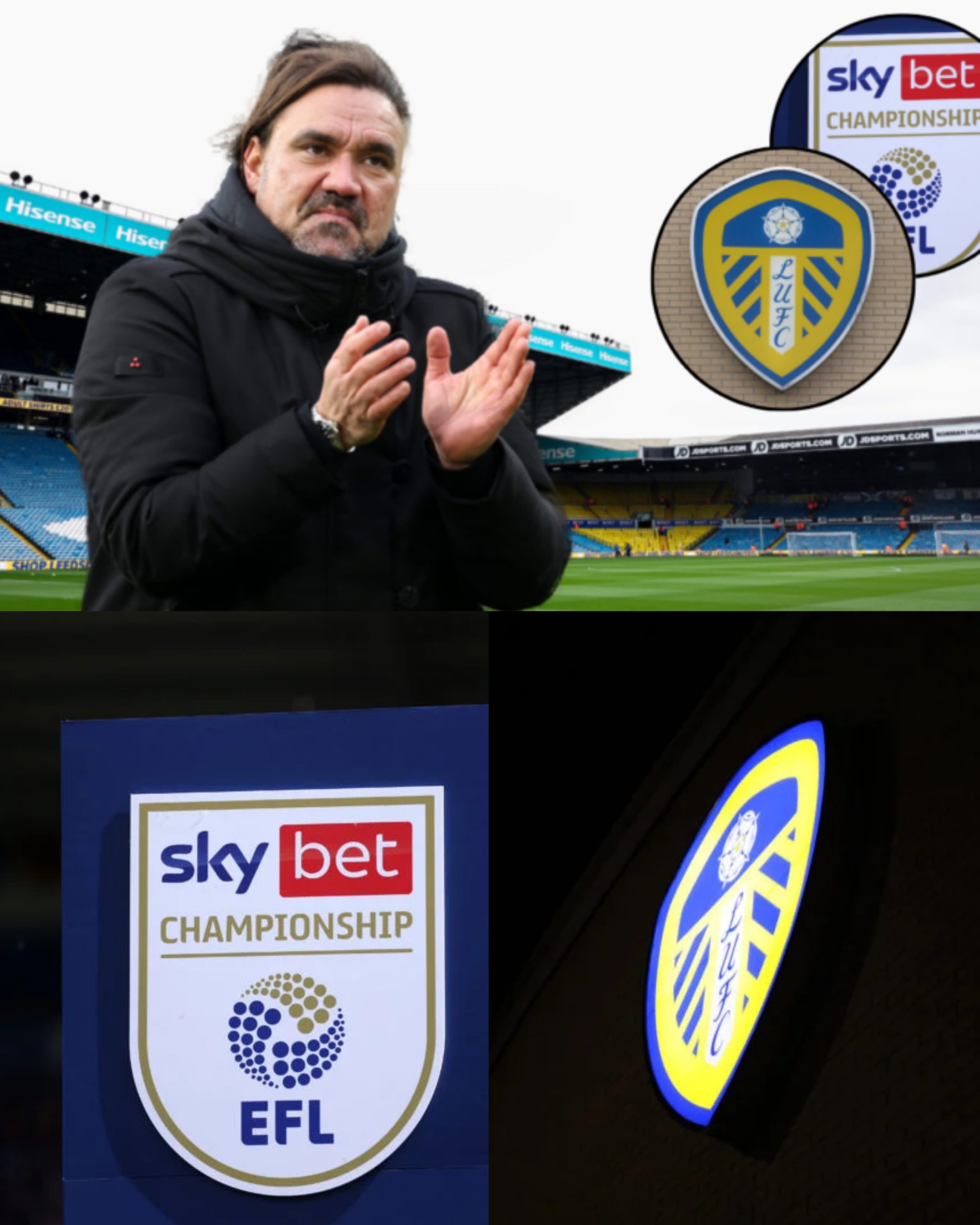Leeds United’s stature is undeniable. With a rich history, a global fanbase, and owners with deep pockets, they arguably stand as the biggest club in the Football League. Even in the Championship, their commercial revenue outshines that of many Premier League sides—a testament to their enduring legacy and the ambition of 49ers Enterprises and Red Bull, who are determined to bring them back to the top flight.
With Daniel Farke’s Leeds United currently sitting 2nd in the Championship, a return to the Premier League looks increasingly likely. Promotion would see their already impressive commercial income skyrocket, solidifying their place among England’s elite once again.
If Leeds United fail to secure promotion this season, the 2025-26 campaign will mark their final year without the financial safety net of parachute payments. These payments, valued at over £30m annually, give Leeds a significant edge under the EFL’s Profit and Sustainability Rules (PSR), allowing them greater financial flexibility compared to their rivals.
For context, during their most recent Championship season with available data, Leeds earned just £8.7m in media income—a stark contrast to the financial boost parachute payments would provide.
During their last Championship season with publicly available data, Leeds United’s media income of £8.7m paled in comparison to their matchday revenue (£15.4m) and their dominant commercial income (£30.1m). This highlights the club’s strong financial foundation outside of broadcasting, making them a powerhouse in the EFL even without parachute payments.
Leeds United’s media income is set to rise significantly when their current financial figures are released, thanks to the EFL’s lucrative new £935m broadcast deal. This five-year package represents a 50% increase from the previous rights cycle, ensuring Leeds will comfortably exceed the £8.7m earned in 2019-20. This financial boost further strengthens their position as one of the Championship’s biggest clubs.
The EFL isn’t stopping at the £935m broadcast deal and is actively seeking ways to further boost revenue. To delve into one of the more controversial strategies under consideration, LUN spoke exclusively with Liverpool University football finance lecturer and industry expert, Kieran Maguire.
Leeds United could emerge as ‘big winners’ if the 3pm blackout is abolished. The longstanding ban, in place since the 1960s, prevents broadcasters from airing live football on Saturdays between 2.25pm and 5.25pm to protect lower-league attendances. While the blackout still enjoys support from many fan organizations, both the EFL and Premier League reportedly plan to lift it for the next rights cycle.
Research suggests this change could reduce EFL clubs’ collective annual matchday revenue by £37m, but Leeds, with their strong fanbase and global appeal, are well-positioned to offset these losses with increased broadcasting income.
However, Kieran Maguire believes Leeds United would not be among the clubs negatively affected by the abolition of the 3pm blackout—at least in the short term.
“All decisions result in winners and losers,” Maguire explained. “There are very few win-win deals, and I think Leeds will be a big winner of the abolition of the 3pm blackout.
“They are Leeds United. They sell out every home and away match. They’re a one-club city with a rich history and heritage, and their fanbase is rightly very proud of that.”
With such strong support, Leeds are uniquely positioned to thrive even in a changing football landscape.
The main concern, according to Maguire, is the impact on clubs lower down the pyramid, particularly those playing at 3:00pm on Saturdays just a few miles away from Leeds.
“People will ask why they should pay £25 to watch a match in person when they can stream it at home as part of their subscription for a much lower cost,” he said.
These clubs will likely be the losers in this scenario, unlike Leeds, which can continue to rely on its strong fanbase. However, Maguire warned that if Leeds remain outside the Premier League for an extended period, it could eventually become an issue for them too. He pointed out that Championship matches held at the same time as Champions League games, for example, have already seen slightly lower attendances.
Maguire emphasized that for Leeds United fans, the commitment to the club remains unwavering. “Ultimately, if you’re a Leeds United fan, you will still go and watch them. You don’t care if Man City are playing Real Madrid. You’re in a relationship with a monopoly supplier,” he said.
However, the real challenge, according to Maguire, lies in attracting younger fans. “The problem in the future is how you get younger fans to go to their first, second, and third matches if there’s always an attractive alternative?” With so many options for entertainment, especially at home, nurturing the next generation of fans will be key for clubs like Leeds.
Leeds United stand to earn significantly from the new EFL TV deal. Regardless of their final league position this season, they are likely to earn more in facility fees—payments to clubs whose matches are televised—than any other Championship club. Additionally, the overall increase in TV income means Leeds could see a record amount for a second-tier club’s media income, further boosting their financial position as they push for Premier League promotion.
Most projections indicate that Leeds United’s media revenue could reach around £15m, a substantial increase driven by the new EFL TV deal. This figure is before the addition of parachute payments, which many clubs classify as media income in their annual accounts. If Leeds secure promotion, their financial gains could soar even further, thanks to both the increased TV income and parachute payments in the future.
